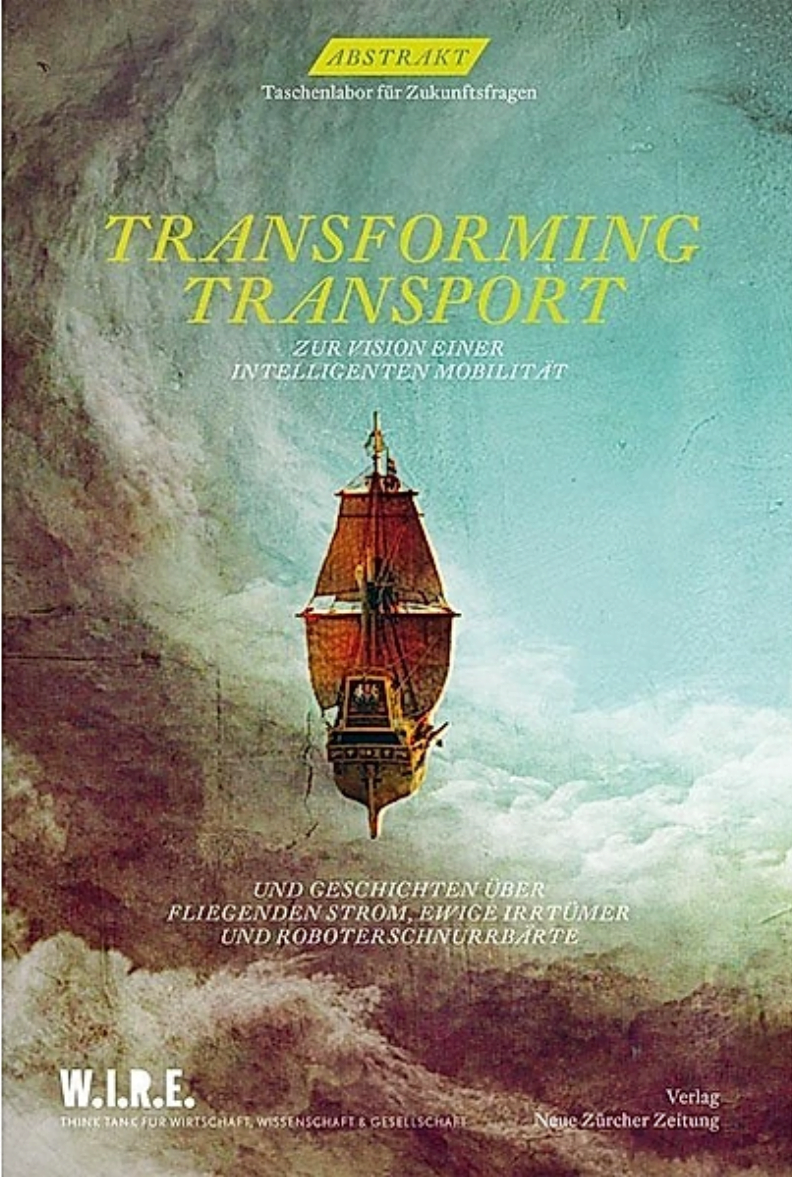Transforming Transport. On the vision of intelligent mobility
Abstract
We live in the age of mobility. Being on the move is part of the self-image of modern life and is a basic condition of human evolution. The global transport of goods is seen as a driver of economic growth, and mobility promotes diversity and innovation. However, the growing volume of traffic is reaching its limits: In cities, transport systems are overloaded, climate risks are increasing, as is the pressure on hypermobile people. Technological progress now promises a transition to a new era of intelligent mobility, characterised by clean drive technologies and self-driving cars that herald greater efficiency, safety and time. It is therefore important to prepare for the future framework conditions of these new, transforming transport systems. But critical questions must also be asked. After all, greater efficiency primarily leads to even more mobility, which places further demands on our living environment instead of relieving them. And we need to get to the bottom of the hype surrounding the mobility revolution, self-driving cars and electromobility. Will the possibilities of new technologies fundamentally change mobility or are they ultimately just corrections to the status quo? The fact is that the future of mobility involves far more than just modernising our vehicles. It affects the way we live, the way we communicate and ultimately changes our economic system and society as a whole.
So what would be a truly intelligent vision of mobility? Where do we need more efficiency and new transport technologies? Where should we question our fundamental understanding of mobility and declare immobility to be an actual luxury? And what does this mean for the goals of innovation and for the development of existing and new markets?
